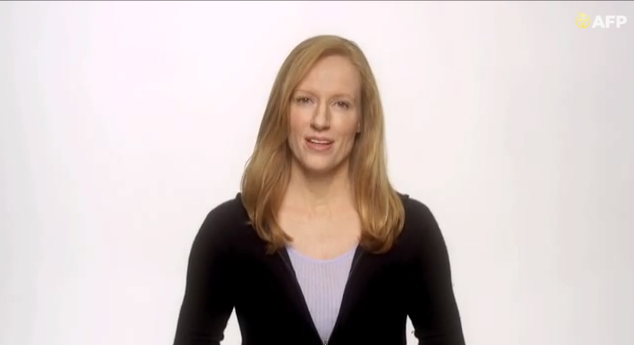The Cook Political Report has control of the U.S. Senate up for grabs this November (see map or analysis). As of Wednesday, Maine was the only state favored to vote for a different party than it did in the 2012 presidential election, thanks to moderate Republican incumbent Susan Collins. Among the seven “toss-up” states, four have Democratic incumbents in states carried by Mitt Romney (Alaska, Arkansas, Louisiana, and North Carolina), two are red states with seats now held by Republicans (Georgia and Kentucky), and one is an open seat vacated by a Democrat (Michigan). In four of the six red states (all but Alaska and Arkansas), Democrats are hoping that relatively moderate women candidates can get cross-over votes.
Cook’s Jennifer Duffy writes that health insurance is, so far, the issue of the year: “Americans for Prosperity [AFP], a super PAC that supports GOP candidates and is funded largely by the Koch brothers, has spent millions on television ads in key Senate races attacking both Democratic incumbents and House members running for the Senate for their votes in favor of the Affordable Care Act.” Duffy also relays what may be wishful thinking: “Democratic strategists contend that the worst is over in terms of their candidates taking a hit on health care reform and that these candidates have started to recover.”
But the Democrats should not count on the AFP becoming fat and complacent. The New York Times’Carl Hulse and Ashley Parker write that the group turned last week’s special congressional election in Florida, won by the Republicans, “into its personal electoral laboratory to fine-tune get-out-the-vote tools and messaging for future elections.”
The AFP is developing a simple approach, Hulse and Parker write, and “current ads feature women talking directly to the camera, explaining how Mr. Obama’s health care law has hurt them and their families.” Many of the ads avoid specifics that can be fact-checked, instead pounding away at a simple message: “Obamacare doesn’t work. It just doesn’t work.”
Some Democratic candidates will defend “Obamacare,” but the easier move would be to run against the Koch brothers and try to whip up outrage at “outside money” coming into a state or district. Yahoo News’s Matt Bai isn’t buying it: “the imbalance in political spending at the moment probably isn’t quite as consequential, or as lasting, as a lot of liberal critics think it is.”
A lot of that outside money is just wasted on ads that don’t change votes, Bai writes. Still, the Kochs are smart to invest in congressional races instead of being distracted by presidential politics:
Think about it: You can spend $30 million trying to get a president elected, and it will make some difference for sure, but only some in a campaign where each side will spend something like $1 billion, clogging up every obscure cable channel with every imaginable kind of ad. But if you drop, say, $1 million into a competitive congressional race where ads are cheap and where the candidates and party committees might end up spending all of $3 million combined, you can basically own the conversation.
“Owning the conversation” is one strategy; another is “working the refs,” as Mother Jones’s Kevin Drum calls it. He’s impressed by Republican National Committee chair Reince Preibus and his claim that a GOP “tsunami” is coming this fall. Such boasting attracts money and turns out voters, but Drum doesn’t see the other party following suit:
Democrats, by contrast, are already acting like whipped curs, moaning about the map and the itch and the turnout. They lose a special election by two percentage points and all is lost. Incumbents start dropping like flies. The press, smelling weakness, piles on. Democratic voters, acting like the normal human beings they are, get discouraged and figure that things are hopeless. So they don’t contribute, they don’t campaign, and they don’t bother voting on Election Day.
None of this will matter to what the Atlantic’s Alex Seitz-Wald calls “The Hillary Clinton–Industrial Complex,” or the collection of PACs and websites raising money for (or just making money from) the effort to put the former secretary of state in the Oval Office.
Bai observes:
There are now no fewer than four — count them, four — so-called political action committees and super PACs that exist mainly to create a hospitable climate for Hillary Clinton’s presidential campaign (or, perhaps, to discourage other Democrats from even thinking about trying to run against her), even though, it should be pointed out, she isn't yet a candidate.
And assuming she is a candidate, she has no significant opponent for the Democratic nomination. Anyone else on primary ballots will be running for vice-president or doing a trial run for the next open contest. Still, helping to elect the first woman president may be irresistible for Democratic contributors, even the Hillary PACs take in money that could have gone to congressional candidates. The Koch brothers, more concerned with electing members of Congress who would block the initiatives of a President Clinton, would be just fine with that.
Image from AFP ad opposing Democratic Sen. Mark Udall in Colorado. It begins with the woman saying, "People don't like political ads. I don't like them either."








